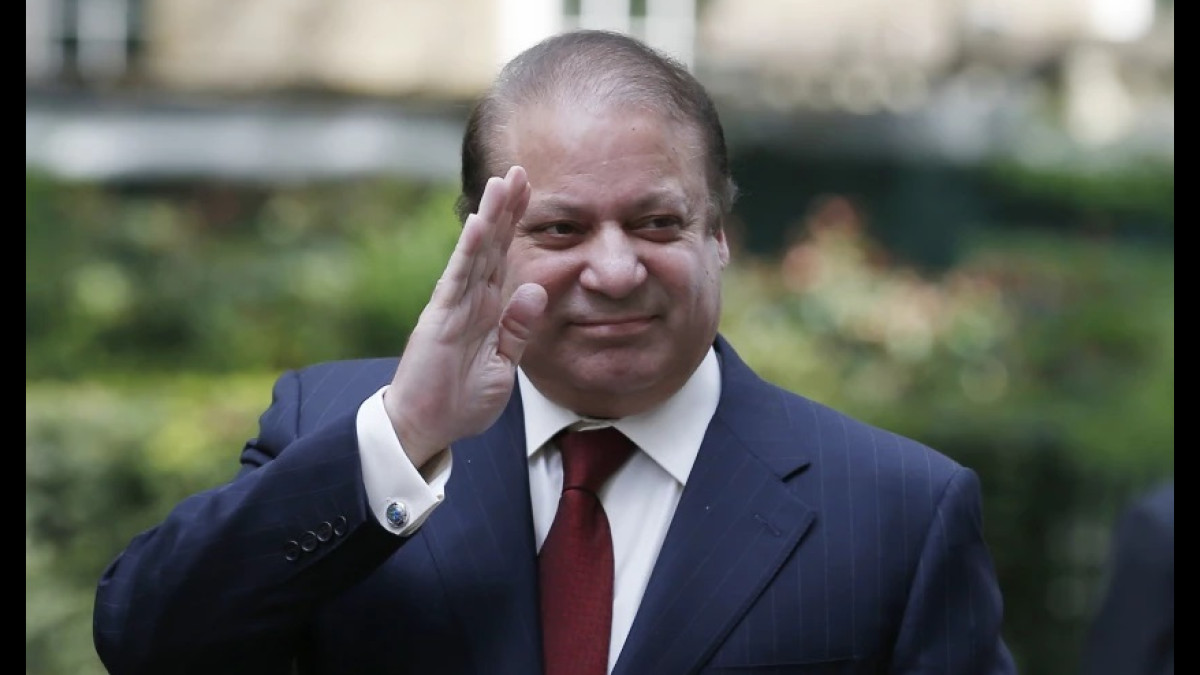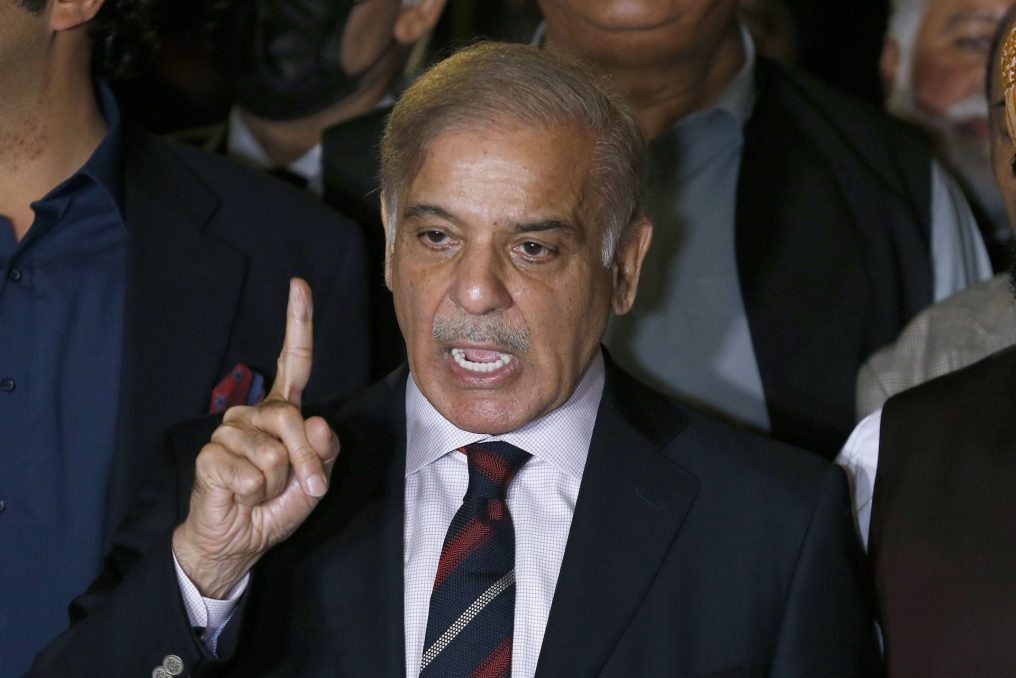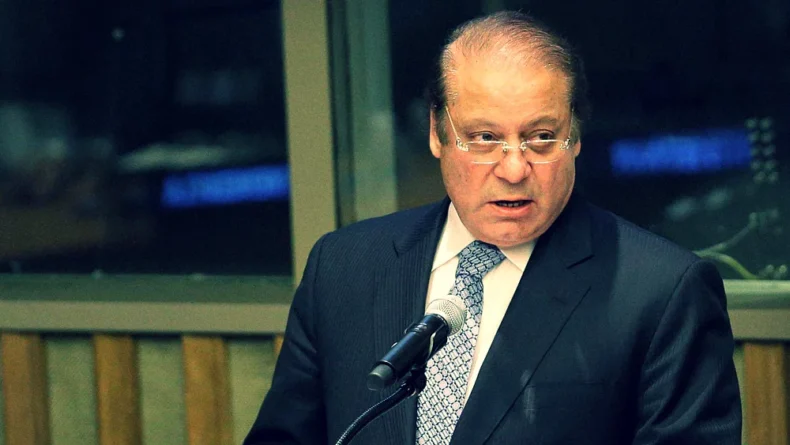In the wake of a recent court decision, Pakistan’s Prime Minister Shehbaz Sharif has affirmed that the legal verdict will have no bearing on the determined plans of Pakistan Muslim League-Nawaz (PML-N) supremo, Nawaz Sharif to make his imminent return to the country.

On Friday, Pakistan’s Prime Minister, Shehbaz Sharif, expressed his reservations regarding the timing of the recent verdict by the apex court concerning the Supreme Court (Review of Judgements and Orders) Act 2024, as per a report by Pakistan-based Geo News. He emphasised that this court decision would not cast any impact on the intended plans of Nawaz Sharif, the leader of Pakistan Muslim League-Nawaz (PML-N), to make a triumphant return to the country.
Navigating Legal Terrain And political Ambitions of Nawaz
During an exclusive interview conducted by Pakistan-based TV Channel PTV, Shehbaz Sharif elaborated, “Regarding Nawaz Sharif’s imminent return, the decision rendered by the Supreme Court holds no correlation.”Shehbaz Sharif went on to underline that Nawaz Sharif had effectively fulfilled the five-year period of disqualification, thereby signifying his eligibility for resuming political activities.

The prime minister’s statements come in the wake of the apex court’s ruling on the Supreme Court (Review of Judgements and Orders) Act 2024, a decision that attracted attention due to its timing. Shehbaz Sharif’s affirmation regarding the disconnect between this legal development and Nawaz Sharif’s impending return aims to alleviate any speculation or uncertainty surrounding the matter.
Shehbaz Sharif’s assertion comes against the backdrop of a nuanced legal landscape, where the existing law dictates a maximum disqualification period of five years. His pronouncement resonated a day after his earlier announcement, when he indicated that his brother, Nawaz Sharif, is slated to reenter Pakistan’s fold in September, ready to confront legal proceedings.
Shehbaz Sharif alos disclosed his intention to travel to London and meet his elder sibling, Nawaz Sharif, once the caretaker government assumes authority. “Notably, the exact date of Nawaz Sharif’s return remains undisclosed. Since November 2019, Nawaz Sharif has been residing in self-imposed exile in London, citing health grounds.
The passage of the bill, which sought to introduce amendments to Section 232 (Qualifications and Disqualifications) of the Election Act, 2017, took place in June, facilitated by Interim President Sadiq Sanjarani.The amendments have beneficially impacted figures like Nawaz Sharif and Istehkam-e-Pakistan Party (IPP) leader Jahangir Khan Tareen.
Expressing his sentiments on the recent verdict pertaining to the Supreme Court (Review of Judgments and Orders) Act 2024, Shehbaz Sharif shared his disappointment with the timing. Geo News relayed his words, “I am truly disheartened that this decision coincided with the dissolution of parliament upon its completion of tenure. Had the verdict been delivered while the parliament was in session, we could have engaged in a collective debate and potentially molded the law through parliamentary deliberation.”
Last Friday, the Supreme Court declared the Supreme Court (Review of Judgements and Orders) Act 2024 as “unconstitutional.” This pronouncement has been viewed as a setback for both Nawaz Sharif and Jahangir Khan Tareen, who sought to contest their lifetime disqualifications. The apex court had originally disqualified these senior leaders under the purview of Article 62 of the Constitution. Had the verdict favored the petitions, Nawaz Sharif and Jehangir Khan Tareen would have been granted the opportunity to challenge their disqualifications, as they harbored political aspirations aligned with the upcoming general elections in Pakistan. The court’s ruling, therefore, carries implications that ripple through the political landscape, potentially influencing the electoral dynamic.












